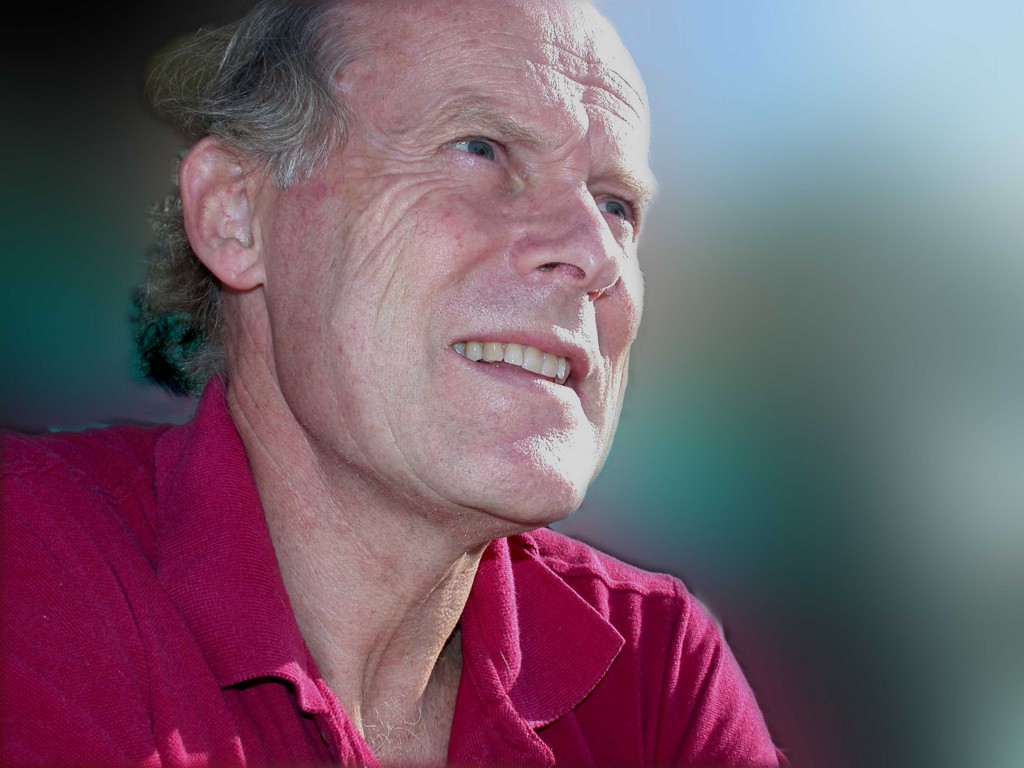
‘Gotcha’ responsibility? How reporters can serve their readers
Image from http://www.tomscott.com/warnings/
Some time ago, I read a 19th Century account of a young woman who had the opportunity to dine with two of Britain’s most renowned political figures, Lord William Gladstone and Benjamin Disraeli.
After dining with the two politicians on separate occasions, the young woman was asked by a friend what her impressions of these two men were. She answered: “After spending an evening with Lord Gladstone, I was convinced that he was the most clever person in all the world. But when I was with Mr. Disraeli, he made me feel that 1 was the most clever person in all the world.”
While Benjamin Disraeli may not have been perfect, he certainly knew the importance of serving those he was around, of planting hope and vision in their hearts and encouraging them to extend their reach beyond their grasp.
It seems to me that, as journalists, that’s exactly what we should be doing — serving our readers and listeners with news that helps them in their daily lives. Yet, as a profession, we seem to be doing quite the opposite.
Rather than seeking to serve, we seem to be looking for ways by which our readers and listeners can serve us. We have become too preoccupied with our careers, our agendas and our bank accounts to remember that which led us into journalism in the first place — to report and interpret the news — and to do so with dignity.
Should reporting the news take precedence over saving an entire platoon of soldiers facing imminent death? David Aikman, former Moscow and Beijing Bureau Chief for Time magainze, has forced us to stop and think about how we would answer this question. When you stand back and analyze the situation, the response of two journalists during the Montclair State College symposium was extraordinary. As the US Army colonel in the audience later pointed out in no uncertain terms, each of his men would have been willing to risk both their lives and their mission to save either journalist if they were caught in battle. Yet, because we’re journalists, it’s somehow excusable for us not to reciprocate such a basic responsibility, to quarantine ourselves from such common duties to our fellow citizens.
I say all of this and yet must confess, on hearing this story, I struggled with my own response. It was a struggle of two kingdoms in conflict — a struggle between my secular training as a journalist and my Christian convictions about the sanctity of life.
As David said, as a profession, we have come to believe that we are “essentially exempt from the ethical, social and even legal demands that are on the citizens of a country.”
And yet if we divorce our profession from our ethical and moral responsibilities, we do so at our own peril and that of our profession and our society.
One hears much about the sanctity of the freedom of the press, but little about the responsibilities that naturally accompany such freedoms.

In a 2012 article for Gegrapha, David Aikman, author of Jesus in Beijing, challenged journalists to view their work as intrinsically a moral responsibility.
The responsibility to report and interpret the news with all the accuracy, the honesty, the humility, courage and the grace that we can muster. The responsibility to give members of the public something which actually helps them.
In Australia, as in most Western countries, the media is accountable to itself. The uncrossable line is actually pretty flexible. Many journalists push the envelope, seeing how far they can go before being snapped back to earth temporarily. Each time, they push a little further out.
Yet, as journalists, we do have a valid role in society, a necessary role. We have an opportunity to bring order from disorder. To help our readers and listeners gain a better understanding of the world around us. We have the chance to bring light and hope to our generation.
As David pointed out, however, this is not always an easy task, particularly when we’re reporting on issues which are marked by suffering and injustice. Yet I am convinced that God will always provide us an avenue, no matter what the story, which we can use to instill hope in the hearts of our readers and listeners and, in so doing, help them to draw closer to God. When I’m surrounded by the cynicism that so pervades our profession, I must confess, I sometimes wonder what one person can really do to turn around this situation. And yet, I’m convinced that for anything to change, it really does come down to action on an individual level.
Throughout the Bible, I’m hard pressed to find examples of evil and despair being turned back by popular movements, by committees or associations. But things do seem to happen when individuals — people such as Daniel and Nehemiah — dared to trust God that their lives could and would make a difference.
As Christian journalists, we have a two-fold responsibility — firstly, to ensure that our writing and broadcasts are virtuous. Our second duty, which I believe is just as important, is a responsibility to our colleagues, to show them God’s love and truth through our lives. As we move in humility among those we work with, God entrusts us with an unspoken authority, a credibility. Not arrogance – quite the opposite — our credibility stems from who we are in Christ. I believe we’re called to demonstrate servanthood and genuine care for our colleagues, no matter who they are, or how cynical they’ve become. As Jesus said, “In as much as you’ve done it to the least of these my brethren, you’ve done it unto me.”
During my time here in Hong Kong with News Network International, I had the privilege of interviewing a number of people who faced persecution and hardship for their faith. Hardship such as I am unlikely to ever know. Many of them still face persecution today. Some don’t live very far from here. Despite the darkness that surrounded them on a daily basis, these Christians would never fail to inspire me, fill me with a sense of hope, and draw me closer to God.
I tried to weave that hope within my stories about them, yet do so without proselytizing. To my surprise, the mainstream media here in Hong Kong responded quite positively to such reports, despite the fact that the stories were about Christians. Several non-Christian journalists working for prominent English language newspapers here in Hong Kong even began searching out and publishing such stories themselves.
They were good stories, worthy of mainstream publication. But I think the thing which really attracted these journalists was the fact that these stories mingled hope with reality.
Society is growing weary and ill from tabloid journalism. We have been conditioned to grab “gotcha journalism“, but something within us tells us that it’s detrimental to our beings. Then, when offered journalism that genuinely seeks the heart of a story, without the froth and bubble, we instinctively know that’s what we’ve been looking for.
I agree with David that the same principles which govern our lives as Christians — a devotion to justice, truth, hope, love and grace — are the prime ingredients which make for good journalism in anyone’s language.
Our profession has lost its way and faces a tangle of hidden agendas. But I believe each of us can make a difference. As David said, as we “fear God and keep His commandments”, the rest will follow.
+++++++++++++++++++++
Andrew Wark delivered this talk to a congregation of journalists in Hong Kong in 1997. Wark worked for News Network International to shed light on the plight of Christians in closed countries. He later was associate director of communications at the University of Calgary in Alberta, Canada. Wark passed away in 2004.



Leave a Reply